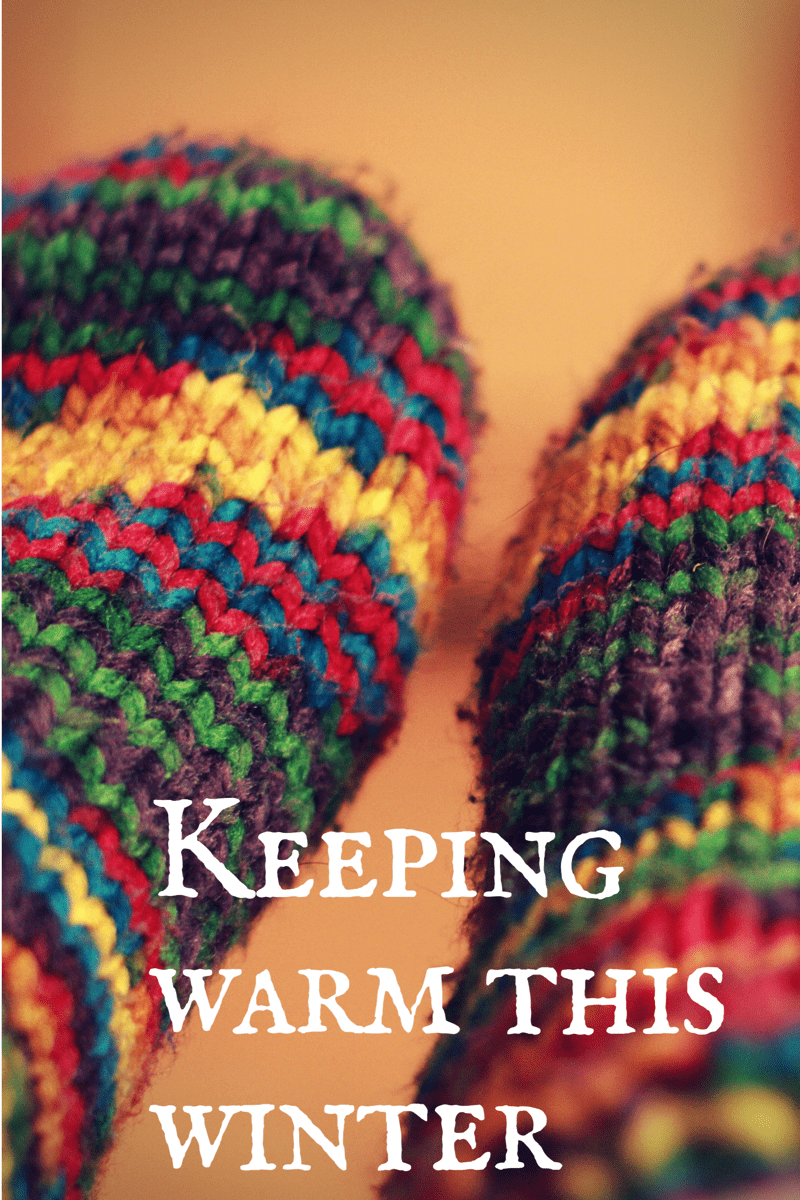
This is What Women Can Do to Avoid Incontinence in Later Life
This is a collaborative post with Hartman Direct. HARTMANN Direct have a growing range of incontinence pads and pants designed specifically for women. Available in a range of absorbencies, they offer discreet support for anyone managing incontinence.
Worried about incontinence? Assume it is a fact of life as we age? Think again!
Incontinence is not inevitable with age
There are many things that come with age – wisdom, for example – but incontinence does not have to be one of them.
For a long time, the assumption about urinary incontinence was that it was irreversible, the signal of a slow decline. The use women’s incontinence pads was inevitable and also irreversible.
And women were more susceptible it as a result of pregnancy and birth, as well as many other gynaecological issues.
Incontinence can be managed, with the right treatment and help, it can also be reversed. What can be done to avoid incontinence later in life? Here are five great tips…
#1 Exercise the pelvic floor muscles
The muscle that helps us control when we urinate is the pelvic floor muscle. Its quite unique and different to other muscles in the body because it traverses across the body. It starts at the top of the pubic bone, crossing the body to the base of the spine.
Because of its shapes and location, it is a muscle that is not is not always specifically targeted during workouts and fitness regimes. This is why as we get older, we need to make sure we do exercise this muscle, keeping it taut.
A strong pelvic floor means we can control our bladders, and the urge to urinate much better. If you are incontinent, pelvic floors muscles will make a big difference to how well you can control your bladder, and could stop your incontinence completely.
Pelvic floor exercises are easy ‘clench and release’ ones; they are done several times a day and there is no need to buy expensive equipment or take out a gym membership.
And there is another upside to a strong pelvic floor muscle – it can make sex far more pleasurable too.
#2 Watch your weight
There are many factors that affect urinary incontinence, and being overweight is one of them.
Carrying extra body fat places stress on the body and in some cases, when you carry weight on your abdomen, it places extra pressure and weight on the pelvic floor muscle too.
Losing excess weight and keeping it off can make a difference to some types of urinary incontinence.
#3 Eat well
You may notice that some days or nights, your incontinence is worse. There could be a simple explanation for this: it could be what you are eating or drinking.
There are certain food and drink triggers and so keeping a diary of what you eat can help to detect if there is something making your incontinence worse. For example, acidic foods such as lemons or tomatoes can irritate the bladder, making incontinence worse.
Fruit juice at breakfast you may think is healthy for you, after all a glass of fruit juice can be one portion of your ‘5 a day’ but it could also be the very thing irritating your bladder.
#4 Stay fit and active
Staying as fit as possible is also an important part of keeping it at bay. Along with a whole host of other complaints.
Many people assume that when they reach a certain age, they should stop exercising.That some exercise regimes are bad for them. Staying fit and healthy in older age is just as important as in our youth but if you plan on starting a new exercise regime, it may be wise to check with a health professional first.
If you are worried about embarrassing accidents when you exercise, there are all kinds of incontinence products that help you manage any accidental leaks of urine.
#5 Seek medical help
Did you know, that on average, women are incontinence for seven years before they seek medical help?
This is because many people are embarrassed to admit they are incontinent but they also assume that there is nothing that can be done.
Your GP has many options, from keeping a food and drink diary, to referring to a continence advisor. There are also some medications that can help with incontinence. They will also encourage you to improve your pelvic floor muscle.
Not something you have to accept!
It’s not inevitable .It’s not something you need to learn to live with and it is not something you should to be embarrassed to seek medical help about.
Urinary incontinence can be the sign of a urinary tract infection which can be treated by the specialists at urocarelondon.com.Or a short term result of another medical condition or medication. It doesn’t mean that incontinence is now a feature of your old age!





